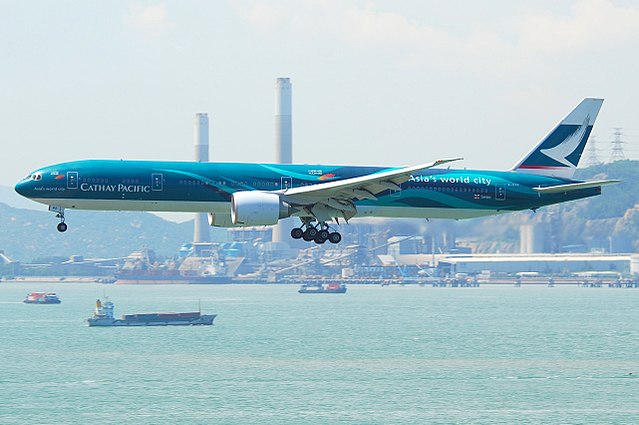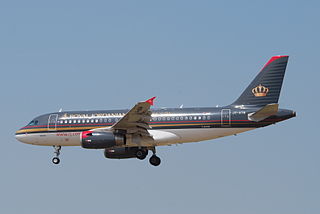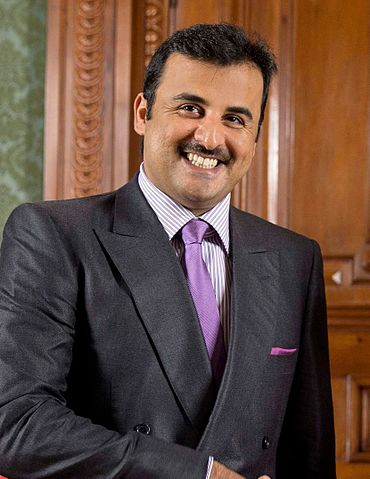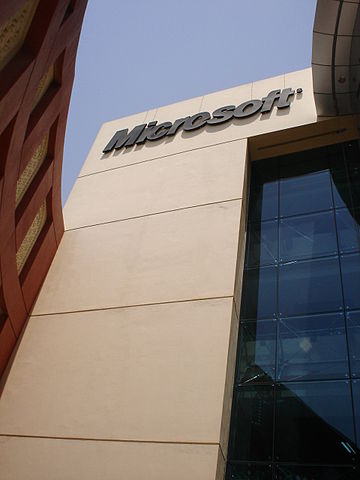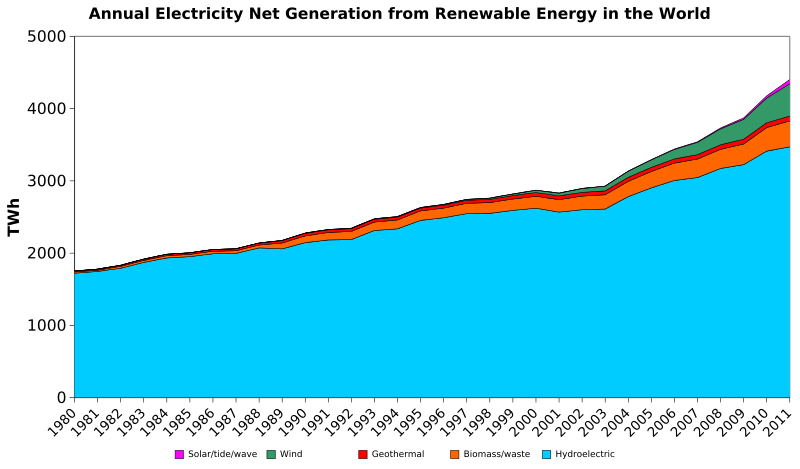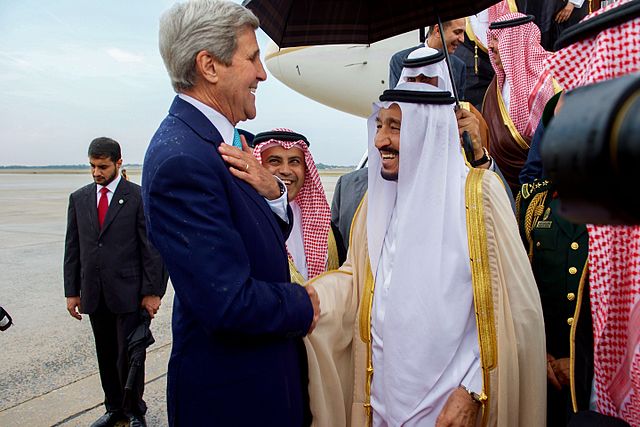After taking bids from several possible mobile phone companies since earlier this year, the Sultanate of Oman has decided to instead give administration of Oman’s third mobile phone carrier to a group which its backed by Oman’s wealth funds.
The state-run Oman News Agency reported that the new mobile phone company will be owned by the funds and run together with a “strategic global partner.” The decision was made to strengthen the role of wealth funds in the country and have them contribute more to economic growth.
When bidding for a third company was initiated earlier this year several companies participated, including, Saudi Telecom Co, Emirates Telecommunications Group, Sudatel Telecom Group and Mobile Telecommunications Co. The decision was supposed to have been made by September 4, but it was postponed by a month.
The Sultanate is studying the best ways to improve the way it manages its investments. It is considering a possible merger of its two main sovereign wealth funds during the prolonged downturn of oil prices.
If the State General Reserve Fund merged with the smaller peer Oman Investment Fund, the new fund would be worth about $25 billion in assets.
The two companies that now serve Oman for mobile services are Oman Telecommunications Co. and Ooredoo Oman, a unit of Qatar-based Ooredoo.
